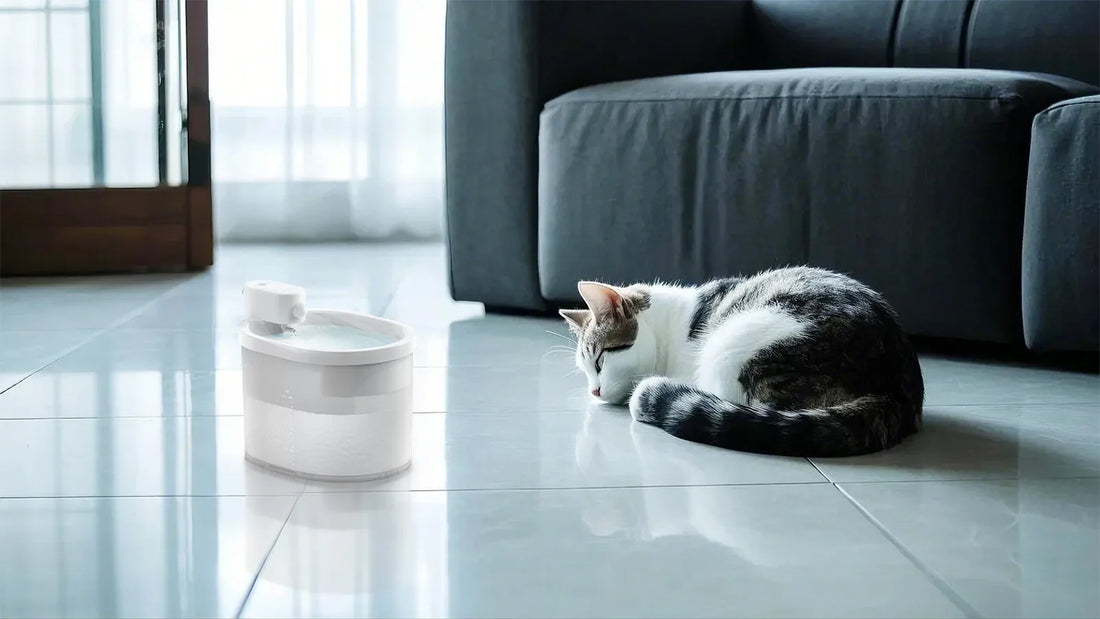Have you ever walked into your home only to find your cat lounging in his litter box? This peculiar behavior can be both confusing and concerning for pet owners. While it might seem odd, there are several reasons why your feline friend might choose to rest in such an unusual spot. Understanding these reasons can help you address the issue and ensure your cat's well-being.
Stress and Anxiety
One of the most common reasons why a cat might lay in his litter box is stress or anxiety. Cats are creatures of habit, and any changes in their environment can lead to feelings of insecurity. Moving to a new home, introducing a new pet, or even rearranging furniture can trigger stress in your cat. The litter box, being a familiar and enclosed space, can provide a sense of security and comfort during these times.
Medical Issues
Another reason your cat might be laying in his litter box is due to underlying medical issues. Conditions such as urinary tract infections, kidney problems, or gastrointestinal issues can cause discomfort and make your cat seek out the litter box more frequently. If your cat is spending an unusual amount of time in his litter box, it's essential to consult your veterinarian to rule out any health concerns.
Territorial Behavior
Cats are territorial animals, and laying in the litter box can be a way for them to mark their territory. This behavior is more common in multi-cat households where there might be competition for resources. By laying in the litter box, your cat is sending a message to other cats that this space is his. Ensuring that each cat has their own litter box can help reduce territorial disputes.
Comfort and Warmth
Believe it or not, your cat might find the litter box to be a comfortable and warm place to rest. Some cats enjoy the texture of the litter, while others might appreciate the enclosed space that the litter box provides. If your home is particularly cold, the litter box might offer a cozy spot for your cat to curl up and stay warm.
Behavioral Issues
In some cases, laying in the litter box can be a sign of behavioral issues. Cats that have not been properly socialized or have experienced trauma might develop unusual habits, such as resting in the litter box. Working with a professional animal behaviorist can help you address these issues and encourage more appropriate behaviors.
How to Address the Behavior
If your cat is laying in his litter box, there are several steps you can take to address the behavior. First, ensure that your cat's environment is stress-free and that he has plenty of resources, such as food, water, and toys. Providing multiple litter boxes in different locations can also help reduce territorial behavior. If you suspect a medical issue, schedule a visit with your veterinarian as soon as possible. Additionally, consider providing your cat with alternative cozy spots, such as a cat bed or a warm blanket, to encourage him to rest elsewhere.
Understanding why your cat is laying in his litter box is the first step toward addressing the behavior. Whether it's due to stress, medical issues, or territorial behavior, taking the appropriate steps can help ensure your cat's comfort and well-being. By creating a safe and comfortable environment for your feline friend, you can encourage more appropriate behaviors and strengthen the bond between you and your pet.

![[🎃Halloween Sale]UAHPET Stainless Steel Self-Cleaning Cat Litter Box](http://www.uahpet.com/cdn/shop/files/1-cat-litter-box.jpg?v=1761890851&width=1600)












